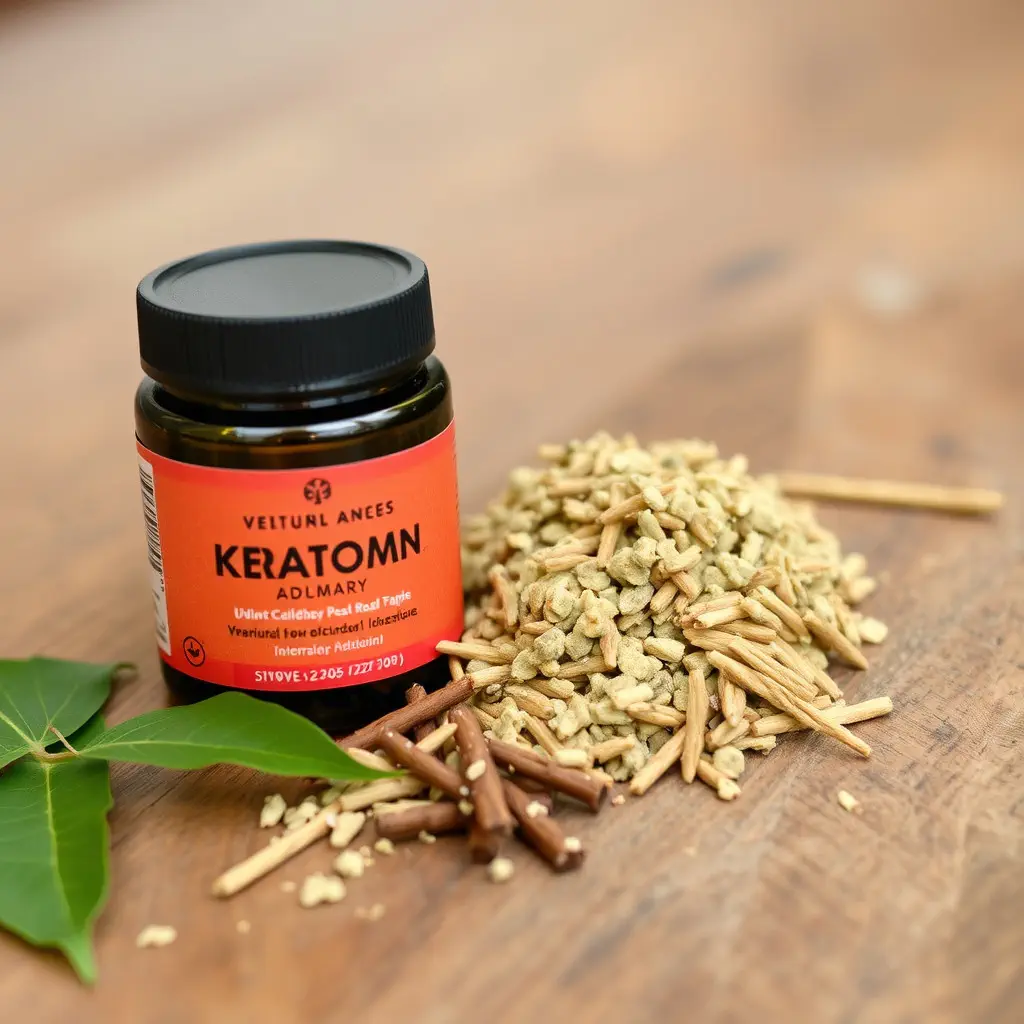In Michigan, kratom's legal status is a complex matter due to conflicting federal and local regulations. While it isn't explicitly criminalized statewide, its federal illegality creates a gray area. Local laws vary, with some cities permitting medical or recreational use under specific conditions. Residents interested in kratom for pain management should consult healthcare professionals, stay updated on local ordinances, and understand the substance's interactions to ensure safe use, especially considering the SEO keyword "is kratom legal in Michigan."
Injury prevention and management have evolved with the integration of alternative remedies, one such substance being kratom. With its analgesic and anti-inflammatory properties, kratom has garnered attention for its potential role in reducing pain and enhancing recovery. This article explores the current landscape of kratom in Michigan, where understanding its legal status is crucial. We delve into how this herb can be a strategic addition to injury prevention plans and discuss best practices for safe and responsible kratom use.
- Understanding Kratom and Its Legal Status in Michigan
- The Role of Kratom in Injury Prevention Strategies
- Effective Management Practices for Safe Kratom Use
Understanding Kratom and Its Legal Status in Michigan

Kratom, a herb derived from the Mitragyna speciosa plant, has gained popularity for its potential therapeutic benefits and pain-relieving properties. In Michigan, the legal status of kratom is an important consideration. As of now, Michigan does not have specific laws criminalizing the possession or use of kratom. However, it’s essential to understand that federal laws in the US treat kratom as an illegal substance due to concerns related to its active compounds, which can act as opioids.
Despite its legal gray area at the federal level, local laws and regulations vary across Michigan. Some cities and municipalities have taken steps to clarify their positions on kratom, with some allowing for medical or recreational use under certain conditions. It’s crucial for residents to stay informed about local ordinances and consult healthcare professionals before considering kratom as a pain management solution.
The Role of Kratom in Injury Prevention Strategies

Injury prevention and management have evolved, incorporating natural remedies alongside traditional medical approaches. One such alternative substance gaining attention for its potential benefits is kratom. While is kratom legal in Michigan? varies across the state, its availability has sparked interest among those seeking complementary healthcare options. Kratom, derived from the plant Mitragyna speciosa, contains compounds that interact with opioid receptors in the brain and body, offering pain-relieving properties. This characteristic makes it a potential tool for managing acute or chronic pain resulting from injuries, serving as a non-opioid alternative to conventional painkillers.
Furthermore, kratom’s anti-inflammatory and muscle-relaxant effects could aid in reducing inflammation and soothing sore muscles commonly associated with physical injuries. Its ability to promote relaxation without inducing drowsiness makes it appealing for post-injury recovery, enabling individuals to engage in rehabilitation exercises more comfortably. However, as with any substance, proper regulation and understanding of kratom’s interactions with other medications are crucial for safe and effective injury prevention strategies.
Effective Management Practices for Safe Kratom Use

Injury prevention and management with kratom requires a balanced approach, especially considering its legal status in Michigan. As of recent years, kratom has gained popularity for its potential pain-relieving and anxiety-soothing properties, but it’s crucial to note that it is classified as a controlled substance under federal law due to safety concerns. In Michigan, the legality of kratom varies across counties, with some areas considering it legal for personal use while others have strict regulations or outright bans.
To ensure safe kratom use, individuals must be well-informed about local laws and adopt effective management practices. This includes acquiring kratom from reputable sources that comply with quality control measures and regulatory standards. Proper education on dosage and preparation methods is essential to avoid adverse effects. Additionally, users should monitor their physical and mental health, seeking medical advice when necessary to prevent potential injuries related to misuse or interactions with other substances.
Kratom holds promise as a natural alternative in injury prevention and management, particularly considering its legality in Michigan. By understanding its effects and implementing safe use practices, individuals can leverage kratom’s potential benefits while mitigating risks. However, further research is needed to fully explore its therapeutic applications and ensure informed, responsible usage. Always consult with healthcare professionals before incorporating kratom into any health regimen, especially regarding its legal status and personal suitability.






